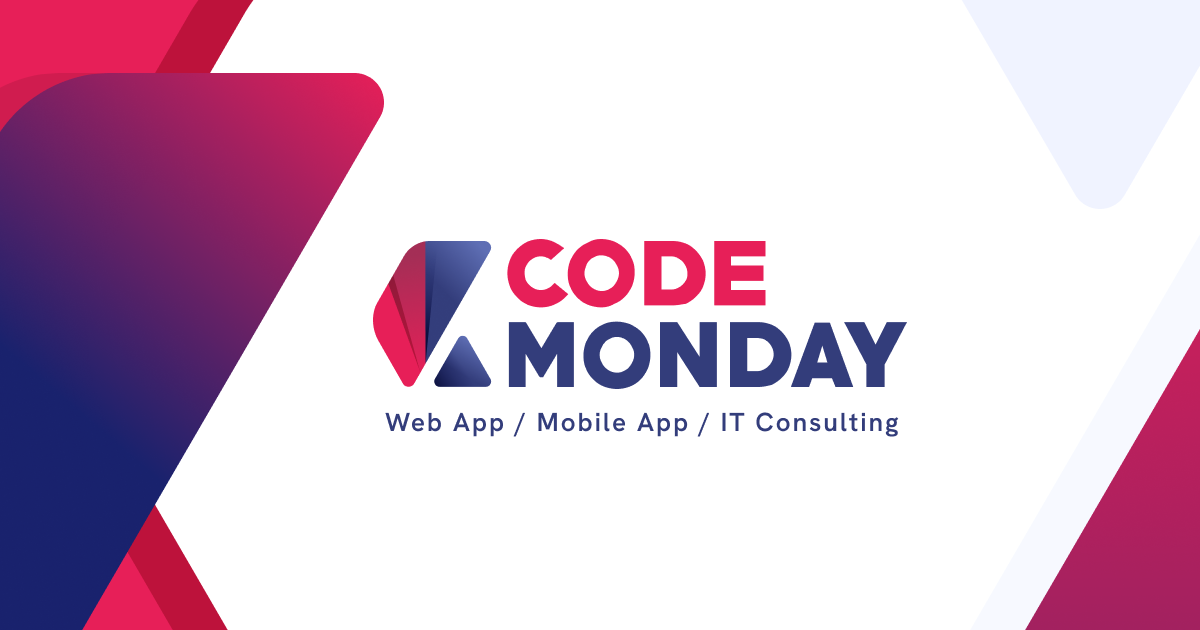Best Cross-Platform Mobile Development Framework in 2023
A Mobile App Development Framework is a structured set of tools and libraries used to build applications for mobile devices. Developers can build applications more easily with it, focusing on specific features and functionalities.
Key Considerations for Choosing a Framework
Project Specifications:
Understand the distinct specifications of your project, whether it pertains to web applications, mobile applications, or desktop software. These are pivotal in delineating the extent of the work.
Programming Language:
Take into consideration the popularity and appropriateness of the programming language for the project. Certain frameworks may necessitate coding in a particular language, thus narrowing down the framework alternatives.
Platform Compatibility:
Verify that the selected framework supports the platforms you aim to develop for, such as iOS and Android, for cross-platform applications.
Support and Community:
Opting for a widely-used framework with a substantial user base can be advantageous for obtaining assistance in case of issues. It also implies the existence of more resources, like documentation and courses.
Performance and Adaptability:
Assess whether the framework allows for effortless expansion of functionalities. The capacity to customize and adjust the framework to meet project-specific requirements is crucial.
Stability:
Examine the maturity and stability of the framework. Well-regarded frameworks generally have fewer bugs and better documentation.
Security:
Security should be of utmost importance. Ensure that the chosen framework incorporates security features or can be easily integrated with security systems.
Licenses and Costs:
Take into account the licensing terms or costs associated with utilizing the framework. Some frameworks are open-source that freely used while others may necessitate a subscription or purchase.
Integration with Other Systems:
If your project requires interfacing with external libraries (either initially or in the future), ensure that the framework supports or integrates seamlessly with them.
Long-term Maintenance:
Plan for the long-term maintenance of the system. Ensure that the chosen framework can be supported and updated over time, without becoming outdated.
Ultimately, the process of selecting a framework should be a well-informed decision, considering various factors within the framework of the specific requirements and limitations of the project. Involving experienced developers in the decision-making process is often beneficial to ensure the most suitable choice for your software project.

Best Cross-Platform Mobile App Development Frameworks in 2023
A Mobile App Development Framework serves as a toolkit filled with resources and instruments that programmers utilize to fashion mobile applications. These frameworks simplify the app development procedure by offering ready-to-use elements, libraries, and APIs that programmers can leverage to construct and enhance their programs. Below are a few of the most sought-after mobile app development frameworks as of June 2022:
Flutter (Dart)
Flutter stands as an open-source framework created by Google. It boasts versatility and enables programmers to devise apps for smartphones, web, and computers across diverse operating systems. It harnesses the Dart programming language and is equipped with an extensive array of tools, rendering it a trendy pick for app development.
React Native
Formulated by Facebook, React Native represents an open-source framework that facilitates the building of cross-platform mobile applications. It empowers programmers to utilize JavaScript and React to manufacture mobile apps that function seamlessly on both iOS and Android devices.
Xamarin
Xamarin, originated by Microsoft, serves as a framework employed for cross-platform app development. It empowers programmers to script mobile applications employing C# and .NET. One of its notable strengths lies in its capability to access APIs on both iOS and Android.
Ionic
Ionic operates as an open-source framework that centers its attention on fabricating hybrid mobile applications utilizing web technologies such as HTML, CSS, and JavaScript. It comes equipped with a collection of UI components and integrates effectively with Angular.
NativeScript
NativeScript empowers programmers to construct mobile apps using JavaScript, TypeScript, or Angular. It provides direct access to existing APIs and UI components, which enhances performance.
Choosing the right framework is a super important decision in software development. It holds immense significance as it directly affects the success of the project, the efficiency of its development, and the ease of maintenance in the long run. Therefore, it is essential to carefully consider various factors such as project requirements, programming language, platform compatibility, support, and community involvement.

Moreover, it is worth mentioning that seeking input from experienced programmers can greatly assist in this decision-making process. The expertise can provide valuable insights and ensure that the selected framework aligns perfectly with the specific needs and limitations of the project. Taking advantage of their knowledge and guidance can be immensely beneficial in making the best possible choice.




